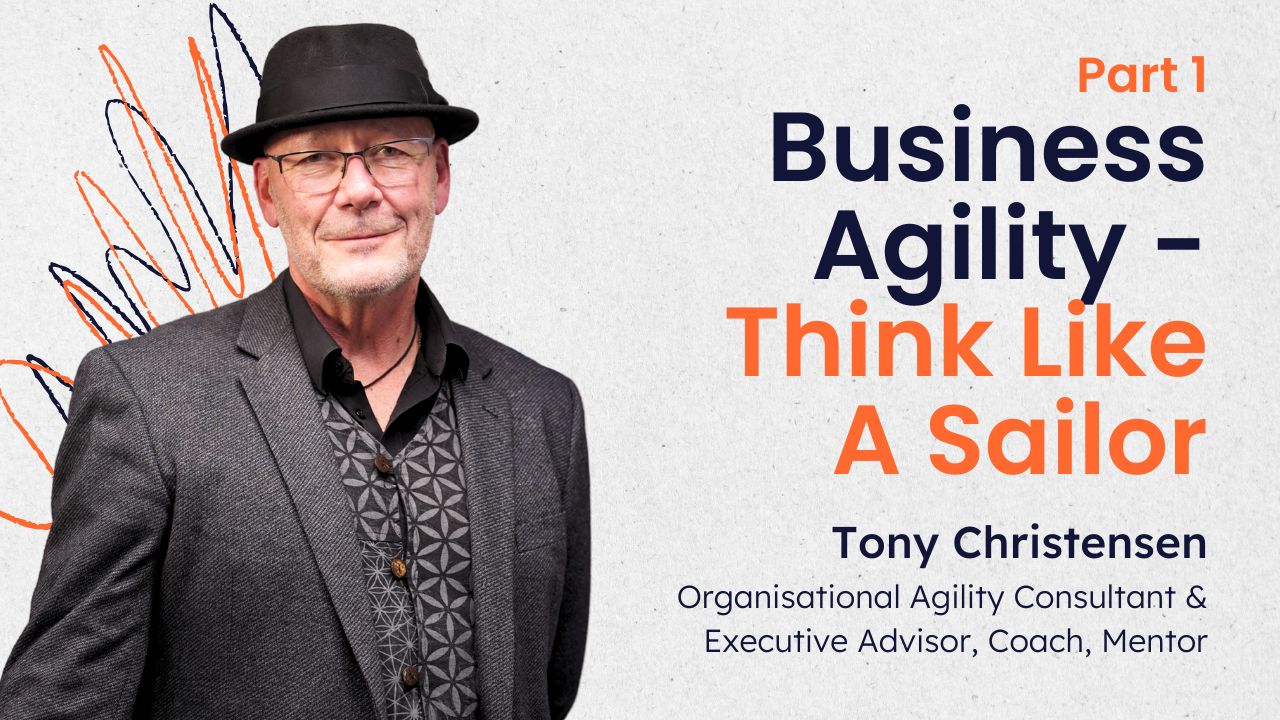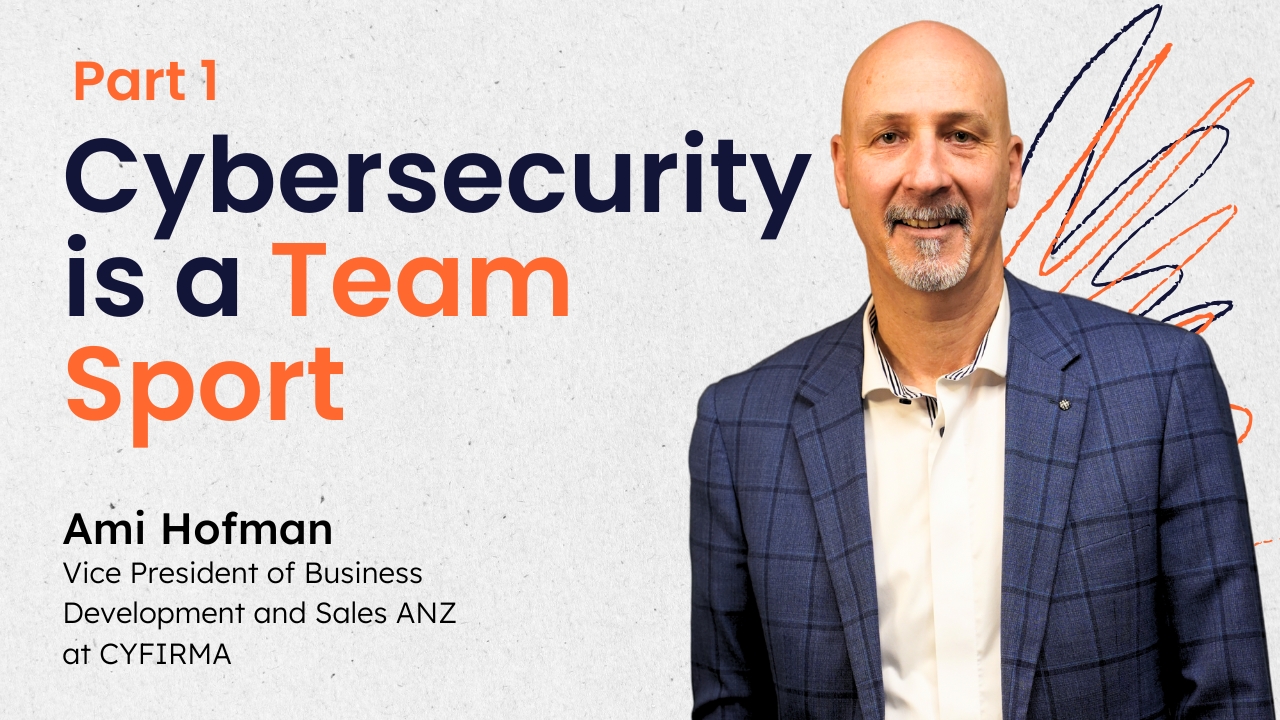Common Interview Questions and How to Answer Them (With Examples)

Interviewers can be creatures of habit. They usually have a handful of go-to questions they love asking candidates, and having an idea of how to answer them on the day can help increase your chances of success substantially. While we can’t know exactly what an employer will ask, here are 7 common interview questions along with advice on how to formulate great responses to them.
Tell me about yourself
This is usually the opening question for most interviews and can be one of the most important. First impressions are key, so keep it brief – know your CV inside out and focus on delivering a one to two minute advertisement for yourself, highlighting the key achievements in your employment history.
Begin your answer with an overview of your highest qualification then run through the jobs you've held so far in your career.
You can follow the same structure as your CV, giving examples of achievements and the skills you've picked up along the way. Don't go into too much detail - your interviewer will ask you to expand on any areas where they'd like more information.
Example: “I’m based in [city]. I studied [degree name] at [university name] and am keen to pursue a career in [field]. I have worked as a [role] in [field] for [time period], and I’d like to put the skills I’ve developed into use in a larger working environment. I think I would really enjoy this role and I believe I could bring significant value to your team; it's always easy to do something you're passionate about!"
Why do you want to work for us?
Employers want to find out the motivations behind your job application - not just because you stumbled across it on a jobs board.
This common interview question provides an ideal opportunity for you to demonstrate why and how you would be a perfect fit for the company.
Example: “I have always had a keen interest in the technology sector and when I saw the job role advertised online, I was excited at the prospect of working for a top tech brand that's leading the future of the industry. You have a very impressive portfolio of high-tech software and big clients, and having worked in sales for 2 years now I am confident that I can help to grow this portfolio and become a strong asset to your team! I have read a lot about your company and I would welcome the opportunity to work in an organisation that has a reputation for high employee satisfaction, encouraging professional and personal development for staff. I have already received a great deal of training from my previous job roles and continually learning new skills is something that is really important to me.”
Why are you interested in this role?
Hiring managers often include this question to make sure you understand the role, and to give you the opportunity to highlight your relevant skills. In addition to thoroughly reading the job description, it can be helpful to compare the role requirements against your skills and experience. Choose a few things you particularly enjoy or excel at, and focus on those in your answer.
Example: “I’ve been passionate about front end development for most of my professional career. I was excited to see that [insert company name] uses Adobe products because I’m well-versed in the entire suite. Also, I’m a huge advocate for applying agile workflows to design. I think it’s the most effective way to tackle large projects. I was able to successfully build and launch an agile process in my previous role as UX manager, and we saw considerable improvements in project speed.”
How do you deal with pressure or stressful situations?
The employer wants to know: Do you hold down the fort or crumble under pressure? They want to make sure that you won’t have a meltdown when the pressure becomes intense and deadlines are looming. The ability to stay calm under pressure is a highly prized talent.
Share an instance when you remained calm despite the turmoil. If it’s a skill you’re developing, acknowledge that and include the steps you’re taking to respond better to pressure in the future. For example, you could indicate that you’ve started a mindfulness practice to help you better deal with stress.
Example: “I realise stressful situations are always going to come up, and I definitely have had to learn how to navigate them throughout my career. I think I get better at it with every new experience. While working on a new product launch at my last company, for example, things were not going according to plan with my team. Instead of pointing fingers, my first reaction was to take a step back and figure out some strategies around how we could solve the problem at hand. Previously, I may have defaulted to panicking in that situation, so being calm and collected was definitely a step forward and helped me approach the situation with more clarity.”
Do you prefer working independently or on a team?
Your answer should be informed by the research you’ve done on the company culture and the job in question. Nevertheless, you should expect that most work environments will have some team aspect.
Many positions require you to work collaboratively with other people on a daily basis, while some roles require you to work on your own. When you answer this question, highlight the best traits of your personality and how they fit the job requirements. It could also be in your interest to answer this question by highlighting the advantages and disadvantages of both situations.
Example: “I enjoy a blend of the two. I like having a team to strategise with, get diverse opinions from, and reach out to for feedback. But I am also comfortable taking on assignments that require me to work independently. I find I do some of my best work when I can focus alone in a quiet space, but I really value collaborating with my teammates to come up with the best ideas.”
Where do you see yourself in five years?
Probably one of the trickiest interview questions (and definitely one of the most cliché), finding the perfect answer to “where do you see yourself in 5 years?” can be a minefield.
Although when answering most interview questions (like ‘do you have any questions for me?’ and ‘why should we hire you?’) we advocate being as specific as possible, in this case being more vague about your goals is likely to be the better approach.
Working out the best way to answer this interview question requires careful consideration – because you need to avoid sounding unrealistic, while at the same time making sure that you don’t seem indifferent.
When employers ask you what you’ll be doing in 5 years’ time, they don’t actually expect you to know exactly where you’ll be. Instead, what they’re looking to hear is that you have a long-term plan, and that this particular role (and their company) fits into your 5 year plan. From your answer, the employer will be able to assess whether your career goals align with where they see you progressing in the role, and confirm to them that you are both on the same page.
To really impress them when answering this interview question, you can drop in some things you’ve researched about the company, and explain to the employer how these align with your personal career goals.
Example: “In five years, I’d like to be an industry expert in my field, able to train and mentor students and entry-level developers alike. I would also like to gain specialised experience in user experience to be a well-rounded contributor working with design and marketing teams on large-scale projects that make a difference both in the company and the global community.”
What are your salary expectations?
Before you walk in for your first interview, you should already know what the salary is for the position you’re applying to. Check out websites such as Glassdoor or Vault.com for salary information. You could also ask people in the field by reaching out to your community on LinkedIn.
Employers will always ask this question because every position is budgeted, and they want to ensure your expectations are consistent with that budget before moving forward.
Remember that it’s often better to discuss a salary range rather than a specific number during the interview and leave room for negotiation. It’s also better to err on the side of caution and quote a slightly higher number as it’s easier to negotiate downward than upward. As a general rule of thumb, I advise not bringing up the questions about salary until your interviewer does or bringing it up too early in the process.
Example: “Based on my skills and experience and on the current industry rates, I’m looking at a salary around $____” (then fill in with your desired salary range and rationale).
Approach your interview with confidence
If you are prepared to answer these interview questions, you’ll feel more confident going into your interview and give yourself a solid chance at making a great impression with the company.
Emmbr blog posts


Contact us to start building your dream team
Are you thinking of expanding your team? There’s no better time than now to explore our extensive offering of talent solutions.



